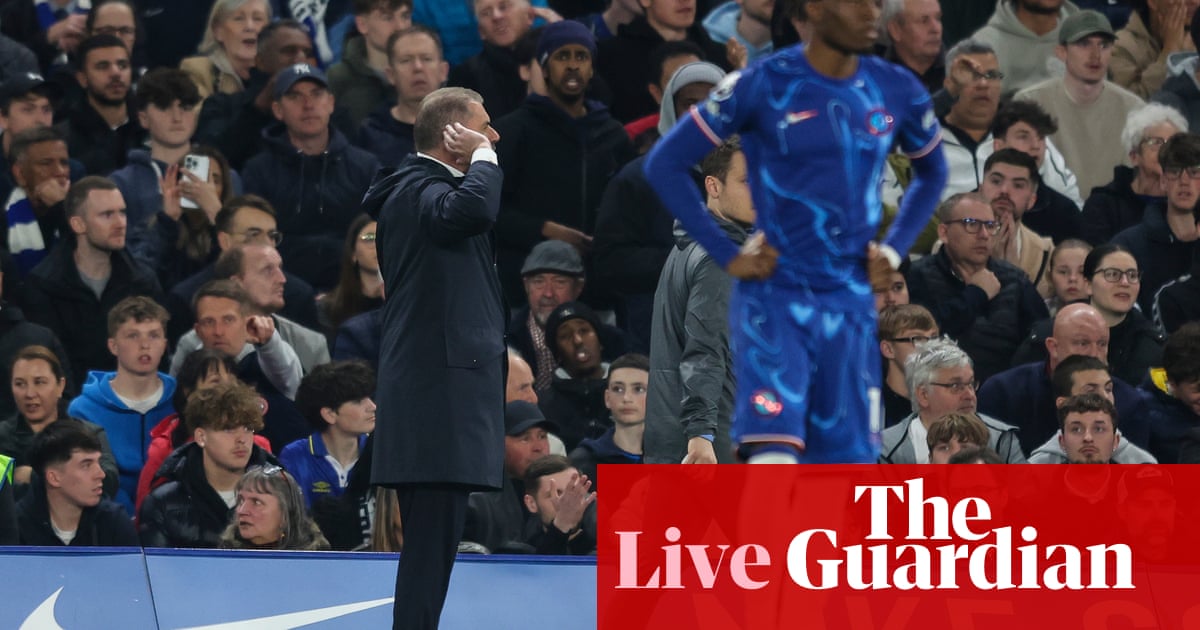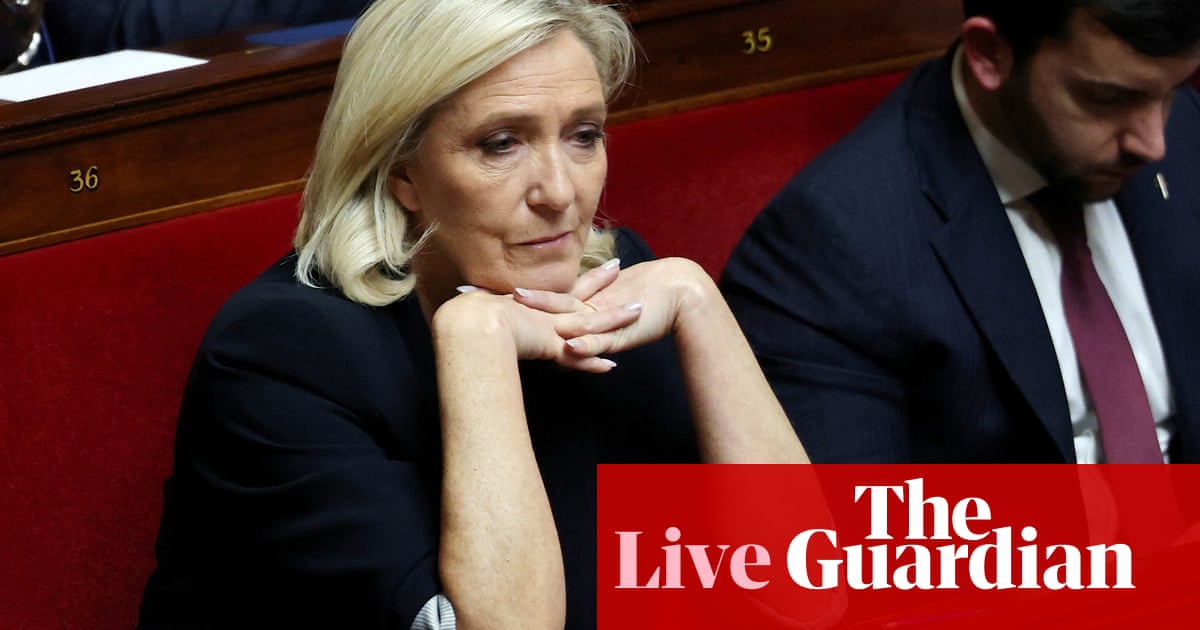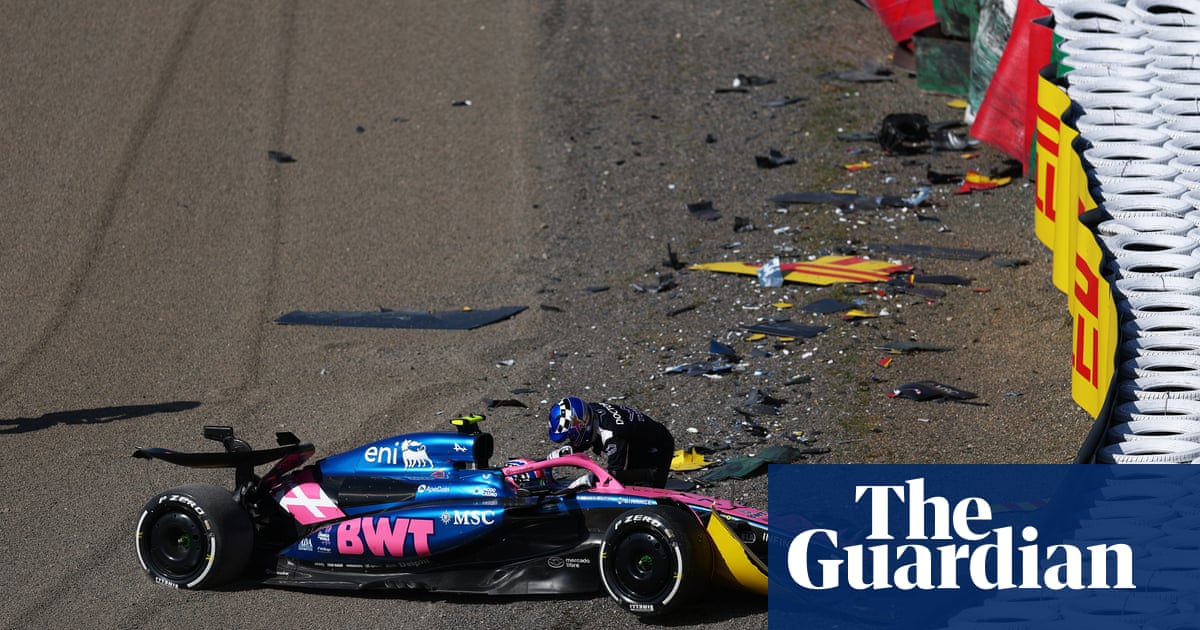The South Korean president’s bizarre, appalling and short-lived attempt to impose martial law last week is still wreaking havoc. Police attempted to raid Yoon Suk Yeol’s office on Wednesday as they investigate him for a potential offence of insurrection. His party says he will hand power to the prime minister and party chief; others call that an unconstitutional “second coup”. It is a measure of the country’s progress since democratisation in the 1980s that the main opposition leader, Lee Jae-myung, initially thought the president’s announcement had been deep-faked, and now describes it as “preposterous”.
Mr Yoon claimed without evidence that martial law was necessary to eradicate the threat from “despicable pro-North Korean anti-state forces” – meaning the opposition. Though other conservatives share his bitter conviction that the left are Pyongyang-sympathisers, most people believe the decision primarily reflected his erratic and personalised rule. A political outsider, he made his name as a top anti-corruption prosecutor, but grew angry at scrutiny of his wife’s conduct as well as parliamentary obstruction of his policies. Despite his dismal approval ratings he seems to have thought that the people would back him. Within six hours, he was forced to U-turn.
South Korea’s democratic development has not been either smooth or linear, and some have warned of “democratic decay”, with deeply polarised politics and a reliance on criminal investigations rather than political contestation. (Mr Lee, of the Democratic party, also faces multiple cases.) Mr Yoon was already accused of authoritarian tendencies and press freedom has deteriorated sharply on his watch.
South Korea’s institutional safeguards were partially successful. While questions remain over the military’s role, it did not give live ammunition to the troops attempting to prevent legislators from meeting to vote down martial law. But it is public commitment that has proved central to safeguarding democracy over the decades.
This crisis is tarnishing a country that has risen from poverty and devastation to become not only central to global trade, investment and technology flows, but a rare democratic success story in Asia. It also plays an important role in security in the region and further afield. North Korea crowed that Mr Yoon had “unleashed the guns” of dictatorship.
Following Mr Yoon’s declaration, 70% of the public wanted him to be impeached by legislators. But his People Power party boycotted last week’s vote. Putting party interests above those of the state and the people was wrong and will not be quickly forgiven. If PPP legislators really want to sustain their political life, they should support impeachment in this weekend’s second vote. Mr Yoon, two years into his five-year term, is not a lame duck but a dead duck. What’s needed is not a “resignation roadmap” but immediate elections.
North Korea’s advancing nuclear programme and dispatch of troops to Ukraine, and Donald Trump’s return to the White House, highlight the South’s ongoing security issues. Mr Trump wants Seoul to pay billions more to host US troops. The bigger headache may be the economic hit it faces from his tariffs. All this comes on top of domestic challenges including inequality, lacklustre growth, rising living costs and an ageing population. Credible political leadership is more essential than ever. South Koreans have shown they cherish democracy. They must be allowed to exercise it now.

.png) 3 months ago
43
3 months ago
43













































